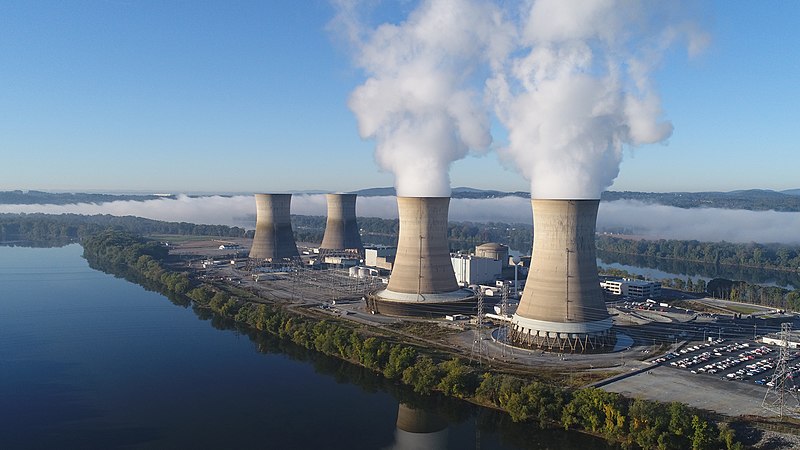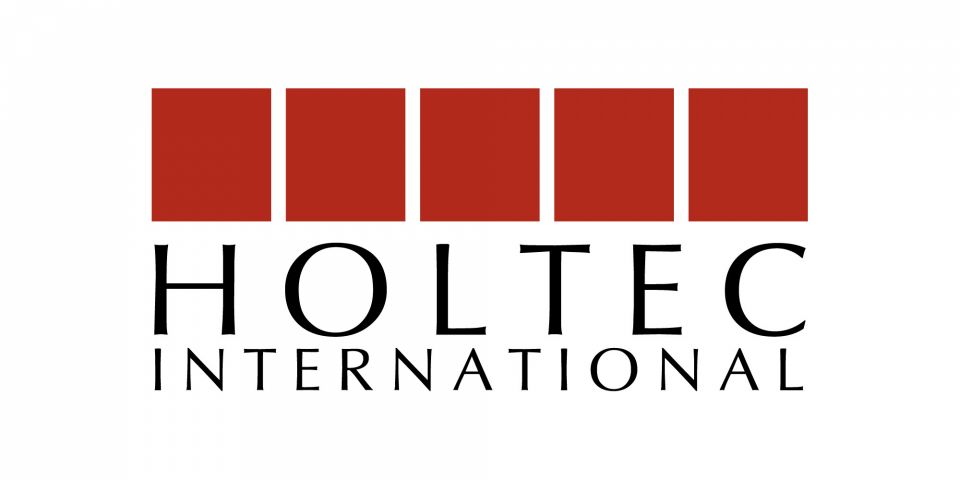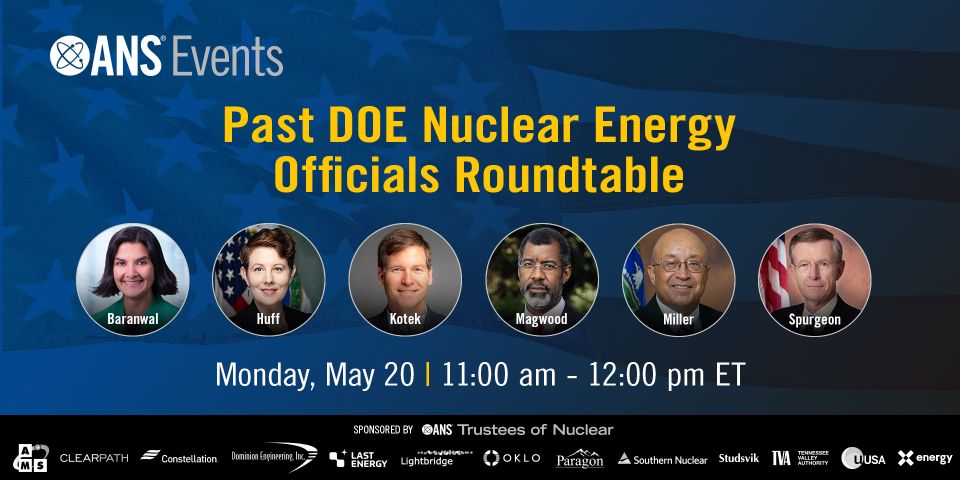Recap: The 2023 ANS Winter Meeting
The American Nuclear Society’s 2023 Winter Meeting and Expo opened on November 12, and its packed opening plenary the next day generated a lot of buzz. Featured speakers included West Virginia senators Shelley Moore Capito and Joe Manchin as well as Nuclear Regulatory Commission chair Christopher Hanson. They each addressed top issues facing the nuclear enterprise to a full house of more than 1,000 members of the wider nuclear community.
In welcoming meeting attendees at the November 13 plenary, both ANS President Kenneth Petersen and ANS Executive Director/CEO Craig Piercy recognized the promises as well as challenges facing nuclear technology today. “Today, we are in a great place,” Petersen said, noting that nuclear has unprecedented support from both legislators and environmental groups. “They need us in order to meet our clean air goals,” he added.
Piercy likewise noted the strong political and public support given to nuclear power. “Clearly, momentum for nuclear technology is undeniable,” he said, echoing the “Maintaining the Momentum” theme of the meeting. “Here and around the world, the questions about nuclear are not ‘if’ questions anymore; they are questions about when, where, how much, and how fast,” he added.
The road to a nuclear future, however, is not a straight one, Petersen and Piercy said. Petersen used the analogy of a family road trip, with many detours and side trips along the way. “It’s not going to be a straight shot,” he said.
While much progress has been made in advancing nuclear in the past few years, Piercy also conceded that there have been some setbacks, including the November 8 announcement of the cancellation of NuScale’s Carbon Free Power Project in Utah. “Folks, this is our world, one step forward, one step back,” Piercy said, adding that the nuclear community needs to remain focused on the big picture as the demand for reliable, clean energy continues to grow.
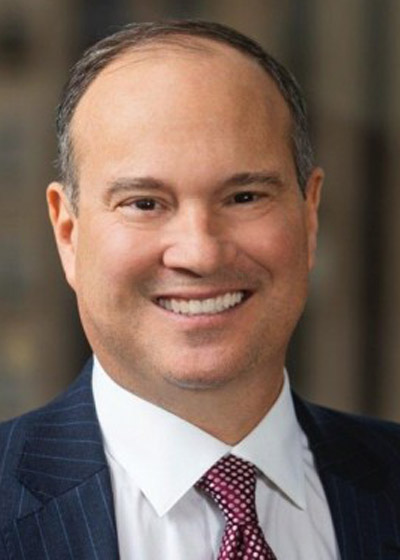
Dominguez
Dominguez: Following introductory remarks by Petersen and Piercy, the plenary’s first speaker, Joseph Dominguez, provided his own insights into the future of nuclear. Dominguez, president and CEO of Constellation Energy, agreed that this new age of nuclear technology will have its starts and stops but maintained that nuclear power is critical to the security of the United States and its allies. “The need for nuclear is not because we want it. The need for nuclear is because it is absolutely necessary,” he said, adding that no other technology is capable of producing energy on demand at all times with as few emissions.
To underscore the importance of nuclear power, Dominguez pointed to the move to replace “gray” hydrogen production, which uses natural gas, with non–fossil fuel processes. Today, he said, replacing the gray hydrogen used in the United States for industrial uses would require the full power of 74 of the nation’s 93 nuclear power plants. That does not include the power needed for any expected future hydrogen production, Dominguez added. “The scale of what is in front of us is enormous,” he said.
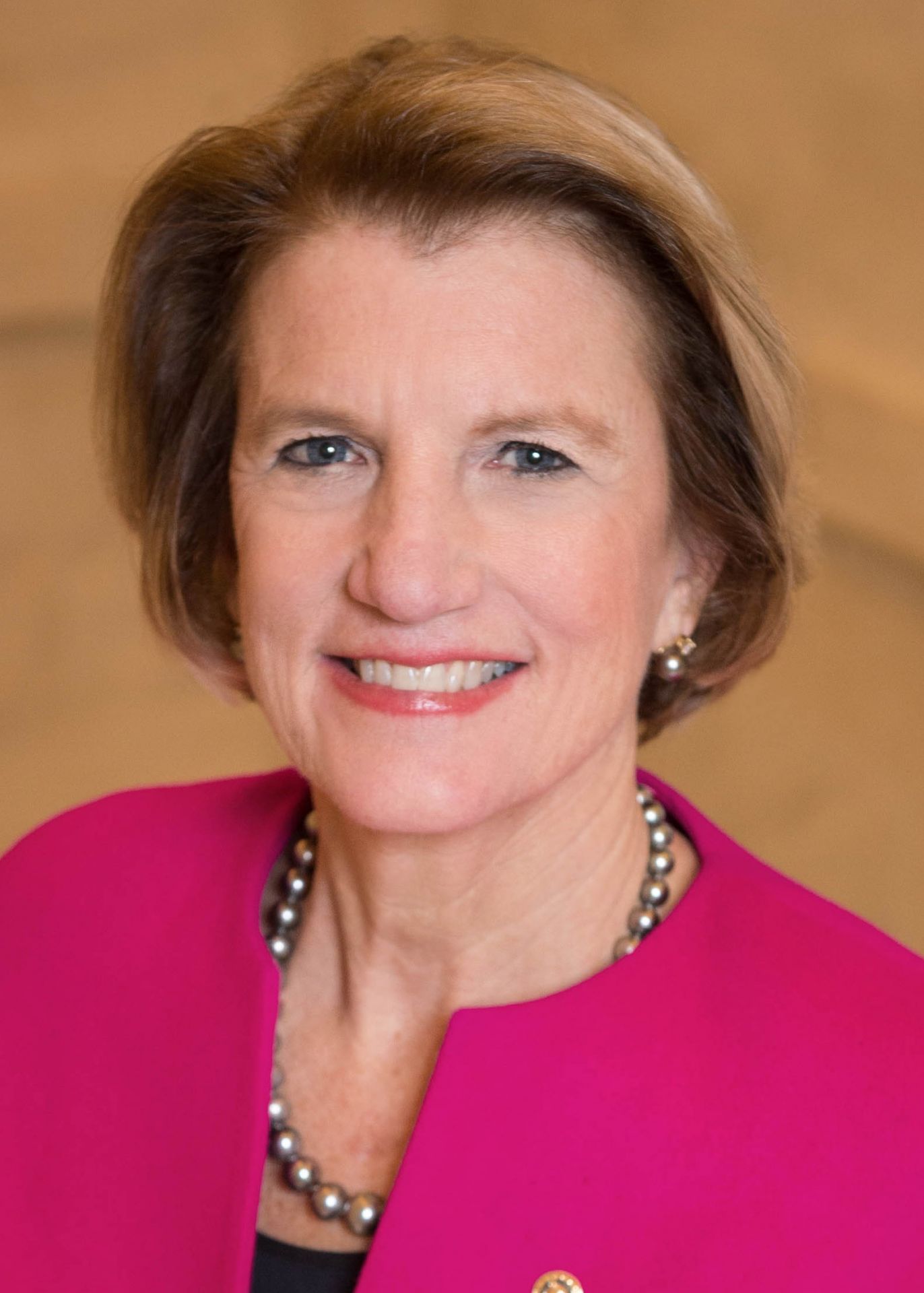
Capito
Capito: Dominguez then introduced the plenary’s first featured speaker, Sen. Shelley Moore Capito (R., W.V.), who discussed the potential of nuclear power as a clean, reliable energy source, as well as her work in crafting the Accelerating Deployment of Versatile, Advanced Nuclear for Clean Energy (ADVANCE) Act. Capito said that it is more a “process issue” and less a “policy issue” that kept that bill from moving through the House of Representatives.
The ADVANCE Act, which would establish policies aimed at helping develop and deploy advanced nuclear power reactors, was passed by the Senate in July as part of the 2024 National Defense Authorization Act (NDAA). At the time, the NDAA and the ADVANCE Act had yet to be passed by the House. Speaking to the audience, Capito asked ANS members for their help in making it known that they want the act passed as part of the NDAA.
“The NDAA is a must-pass bill,” Capito said. “It is the kind of thing you want to hook a vehicle on to, particularly because we had such great bipartisan support in the [Senate Environment and Public Works (EPW) Committee], and we really hit a stumbling block, if not a whole wall, in the House.”
Capito introduced the ADVANCE Act in the EPW Committee, where she is ranking member, along with Sen. Tom Carper (D., Del.) and Sen. Sheldon Whitehouse (D., R.I.) in April 2023. The committee approved the act by a vote of 16–3.
She said that she believes part of the problem is that the act has yet to be fully vetted by the House Energy and Commerce Committee, adding that as far as she and the EPW Committee are concerned, the act has been fully vetted and is ready to go. “It is teed up and ready for a presidential signature,” Capito said.
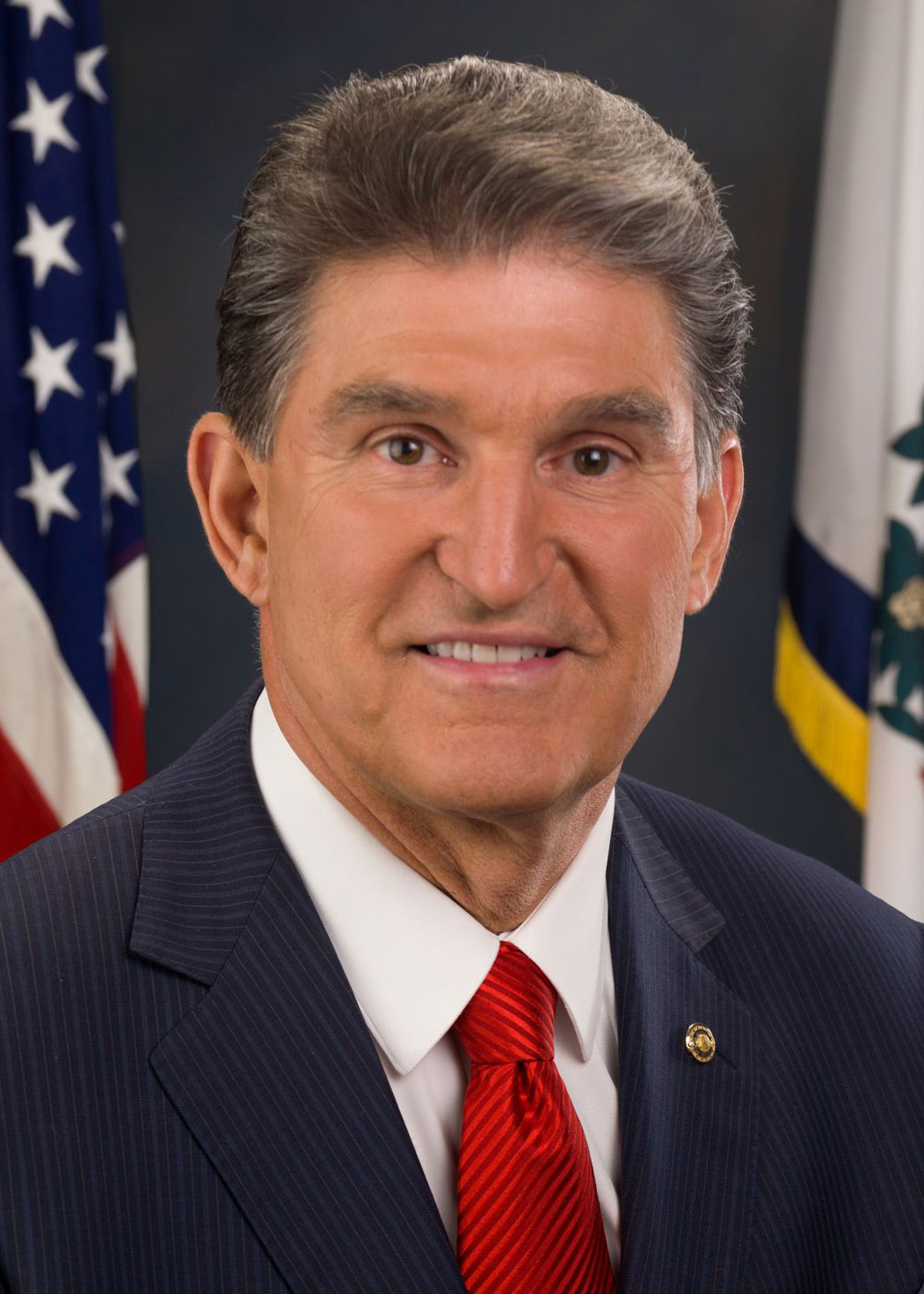
Manchin
Manchin: Sen. Joe Manchin (D., W.V.), who announced on November 9 that he would not seek reelection in 2024, followed Capito, highlighting his support for nuclear energy and saying that the United States needs to innovate its way to a cleaner future.
Manchin pointed to his support of the Inflation Reduction Act (IRA), which was signed into law in August 2022 to address inflation by paying down the national debt while investing in energy production, including nuclear.
“I think it will be a transformative bill, but [the Biden Administration] sold it for political purposes as an environmental bill, which made our Republican friends mad,” he said, adding that the IRA will help advance new nuclear technologies, including small modular reactors.
Manchin warned, however, that the energy tax credits under the IRA are set to expire in 2032, and that without a funding mechanism past that, nuclear power will be at risk. “I’m looking down the road to how we make sure that nuclear is going to be in our inventory for many, many years,” he said.
Nuclear’s current hurdle is what to do with the nuclear waste, Manchin said. “You all better step up to the plate and help us,” he said of the nuclear community, adding that no states want to accept nuclear waste.
Manchin ended by addressing the current political division in the country, saying he has never seen anything like it in his career. “Only you all can change that, it is not going to be fixed in Washington,” he said. The problem, he said, is that the current “business model” of politics rewards bad behavior. “You cannot win without the middle,” he added.
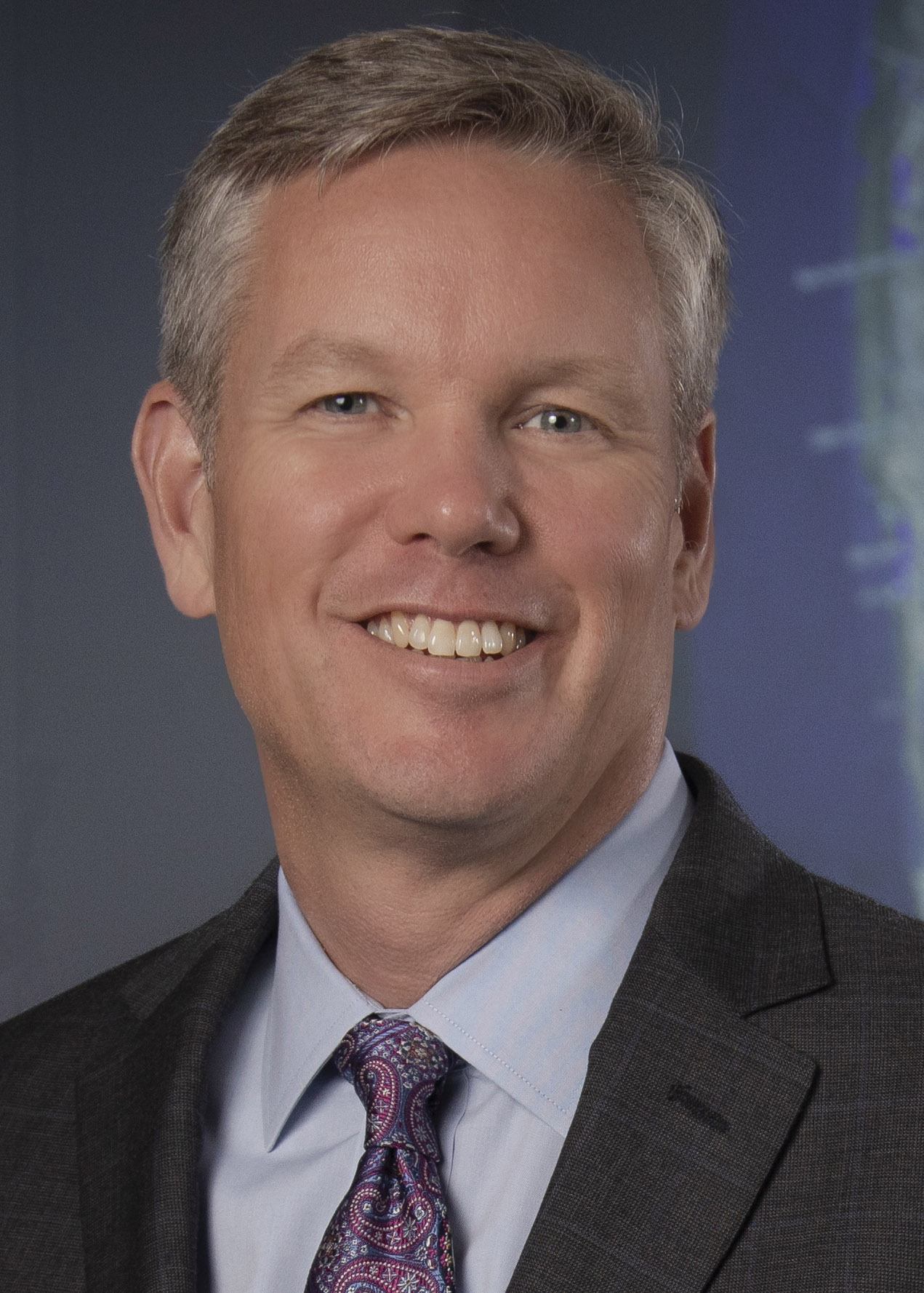
Hanson
Hanson: Christopher Hanson, chair of the NRC, concluded that portion of the plenary by discussing some of the things the agency is doing to streamline the licensing process, including its rulemaking work on 10 CFR Part 53 for licensing advanced reactors. That rule is currently under review for approval by the NRC commissioners. “I think the commission is getting close to a decision, and I hope we can have direction back to the [NRC] staff soon,” he said.
Touching on new developments, Hanson said that the NRC has developed a plan for evaluating the use of artificial intelligence (AI) by licensees. NRC staff is also looking at how AI can be used for improving the agency’s processes, he added. “I’m excited to see what the future holds for both industry and the NRC with the use of AI,” he said.
The featured speakers were then followed by a panel session discussing current topics in nuclear technology and how nuclear power can become a competitive force in the energy market. Panel speakers included Kathryn Huff, assistant secretary for the Department of Energy’s Office of Nuclear Energy; Brianne Miller, Microsoft’s director of energy and sustainability policy; and Richard Meserve, former chair of the NRC and senior of counsel for Covington & Burling.
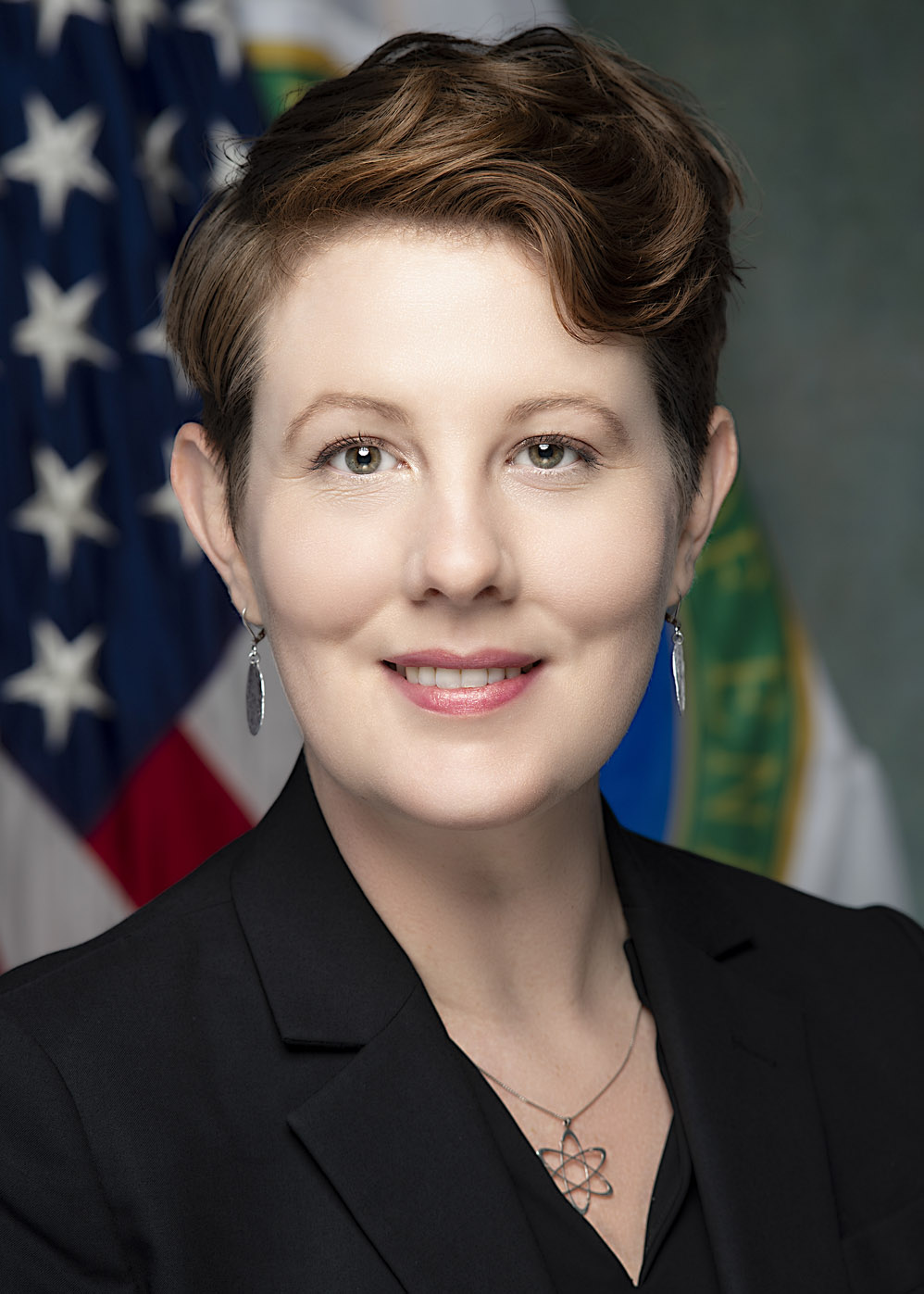
Huff
Huff: In referencing the meeting’s theme, Kathryn Huff said that momentum can be calculated. “It is a product of mass and velocity, and I think in this space, in our community, we have a great deal of mass,” she said. The mass of the nuclear community, she added, is made up of both people and projects. “And while occasionally one project may stumble, there are dozens, I assure you, coming up behind to fill any gaps,” she said.
Likewise, Huff said that while at times it seems nuclear is not moving fast enough to meet the world’s needs, velocity should not be equated with acceleration. “Forward, positive, nonzero velocity is absolutely the truth on the ground right now,” she said. “No one is walking backward.”
When asked about what the DOE is doing to advocate and promote growth in nuclear energy, Huff said that the department continues to face public skepticism, especially regarding the perceived costs of building new reactors and the issue of radioactive waste management. Both issues, she said, can be objectively answered with facts, and it is important that the DOE and nuclear community maintain credibility when responding to those arguments.
Speaking of the economics of nuclear new builds, Huff said that not all projects—such as Utah’s Carbon Free Power Project—will be successful, but there is a strong case for continued public support. “It is the DOE’s role to continue taking the risks on behalf of the American public in these risky, first-of-a-kind technology deployments across the clean energy space, not just in nuclear,” she said. “And I think the [DOE] project partners were able to create some real value for the American taxpayer and for the nuclear energy mission in general.”
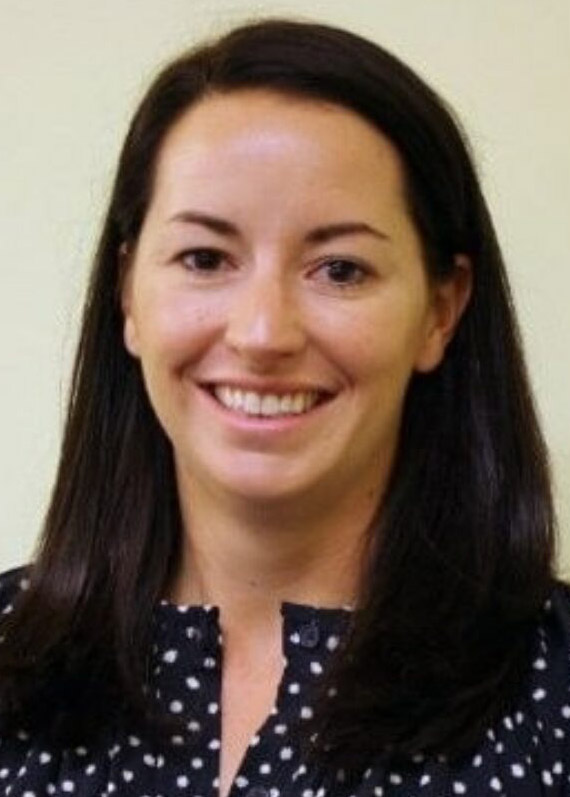
Miller
Miller: Microsoft’s Brianne Miller highlighted Microsoft’s goals of becoming a negative producer of carbon dioxide by 2030 and ultimately removing all the company’s historical emissions by 2050. “To meet our growing electricity demand and continue to make progress on our carbon-negative goals, significant amounts of clean energy need to be added to the grid,” she said, adding that nuclear will play an important role in decarbonization.
Miller also highlighted Microsoft’s work with Constellation to power its data centers with carbon-free energy. Through 24/7 energy matching agreements, Microsoft aims to meet the energy needs of its data centers with carbon-free electricity on an hour-by-hour basis based on Constellation’s nuclear production.
“We contracted for over 13 gigawatts through PPAs [power purchasing agreements] globally,” she said. “Working with Constellation, we have been able to identify the gaps in our existing PPAs where we are not getting the hourly matching that we need.” Miller added that Microsoft’s data centers need to be operational 99.999 percent of the time for its customers. “That requires resilient, reliable power, and nuclear is a great resilient, reliable power source.”
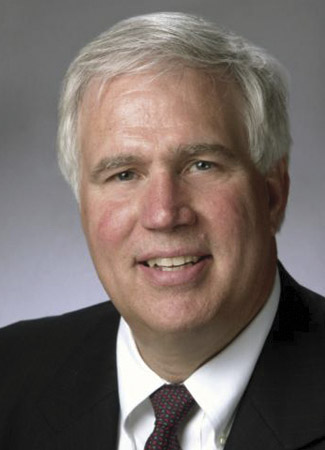
Meserve
Meserve: Rounding out the plenary panel, Meserve discussed a report on advanced reactors conducted by the National Academies of Sciences, Engineering, and Medicine. Meserve was chair of the committee that authored the 2023 report, Laying the Foundation for New and Advanced Nuclear Reactors in the United States. “The fundamental question that the study seeks to resolve is what it will take for advanced reactors to play a significant role in a low-carbon future,” he said.
Noting that the demand for electrical power is going to grow significantly in the coming years, Meserve said that nuclear power is essential to meeting our clean-energy goals. Advanced reactors, he continued, have a number of characteristics that make them an attractive option, including greater fuel and thermodynamic efficiency and the capacity to produce greater amounts of heat, which creates opportunities for increased industrial applications.
For advanced reactors to play a major role in our energy future, Meserve said several challenges need to be overcome, such as those tied to fuel production, waste generation, public acceptance, regulations, and security and safeguards.
Meserve, however, said the most significant challenge facing advanced reactor development is financial. “We need to confront a variety of issues associated with improving the economic competitiveness of nuclear power in order for it to fulfill the mission that I believe it should,” he said.
The National Academies report makes a number of recommendations that address the financial problem, including continued DOE funding and federal tax incentives. Meserve also mentioned that opportunities may exist for reducing construction costs through increased research and development.
One recommendation he said may sound the “strangest” to the audience is the idea of creating a joint venture among a variety of utility companies to manage new advanced reactor projects. “There may be several different joint ventures of this type that build a skilled management team that has the capacity to be able—with real financial skin in the game—to build these plants effectively,” he said, adding that no one company wants to be the first to take on the expense of a new build project alone. “Everyone would like to build the [last] plant, where the costs have been driven out.”


